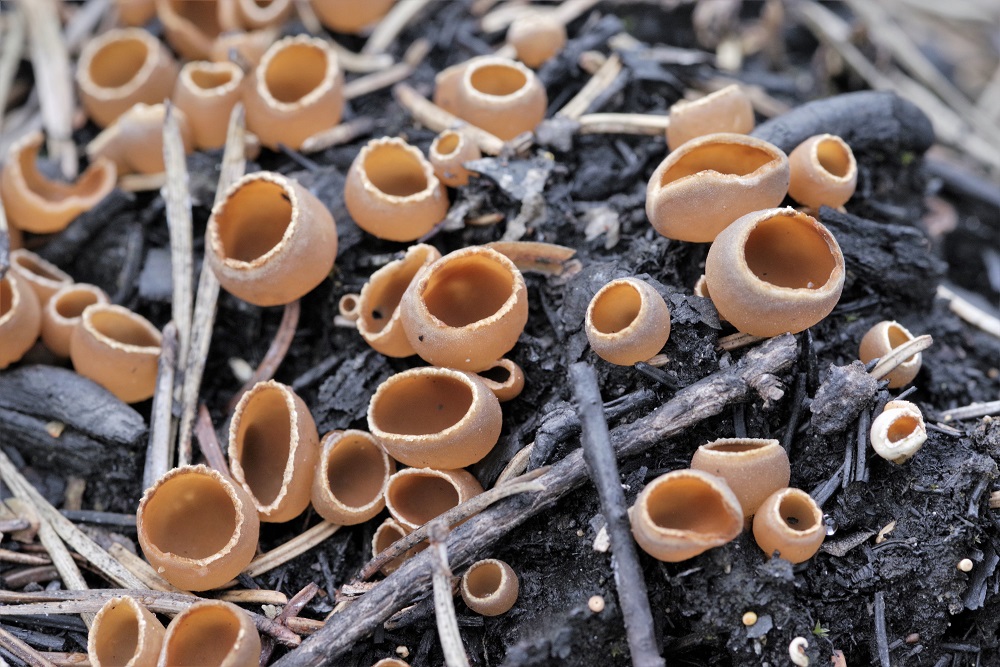
Fungi are neither plants nor animals but have their unique characteristics. Fungi play crucial roles in ecosystems, including decomposition, nutrient cycling, and symbiotic relationships.
Mycology is the scientific study of fungi, covering their identification, taxonomy, physiology, ecology, and interactions with other organisms. In addition, mycologists study various aspects of fungi, including their morphology, genetics, and medicinal properties.
Mushrooms are the fruiting bodies of certain types of fungi. They are composed of various parts, including the cap (the top part), gills (located under the cap, where spores are produced), stalk (supporting the cap), and mycelium (the extensive network of thread-like structures underground). Mushrooms are a significant source of biological material, and many are used in biotechnology or medicine.
Ecology and Role in Nature
Fungi have significant ecological importance. They play a crucial role in nutrient cycling by decomposing organic material and releasing essential nutrients back into the environment. Fungi form mutually beneficial relationships with plants (mycorrhizae) and other organisms, aiding in nutrient uptake and protecting against pathogens.
Fungi are incredibly diverse, with an estimated 6 million species worldwide, though only a fraction have been identified and described (1). They encompass many forms, from microscopic molds to large and elaborate mushrooms.
Fungi exhibit remarkable diversity, with many species concealed within soil samples and plant litter. These fungi hold immense potential as a previously untapped source of valuable biological material. Numerous fungal species are utilized in biotechnology and medical applications, underscoring their importance. Additionally, fungi play a vital role as partners, facilitating the growth and development of most plant species. Their symbiotic associations with plants are essential for nutrient uptake and overall plant health. The fascinating world of fungi encompasses their invisible presence in various substrates and their significant contributions to ecosystems and human endeavors.
In the Dictionary, you will find information about some common fungi and the fascinating world that the mycelium (roots) of the mushrooms take on under the surface of the Earth. These are existing lives that we cannot see.



